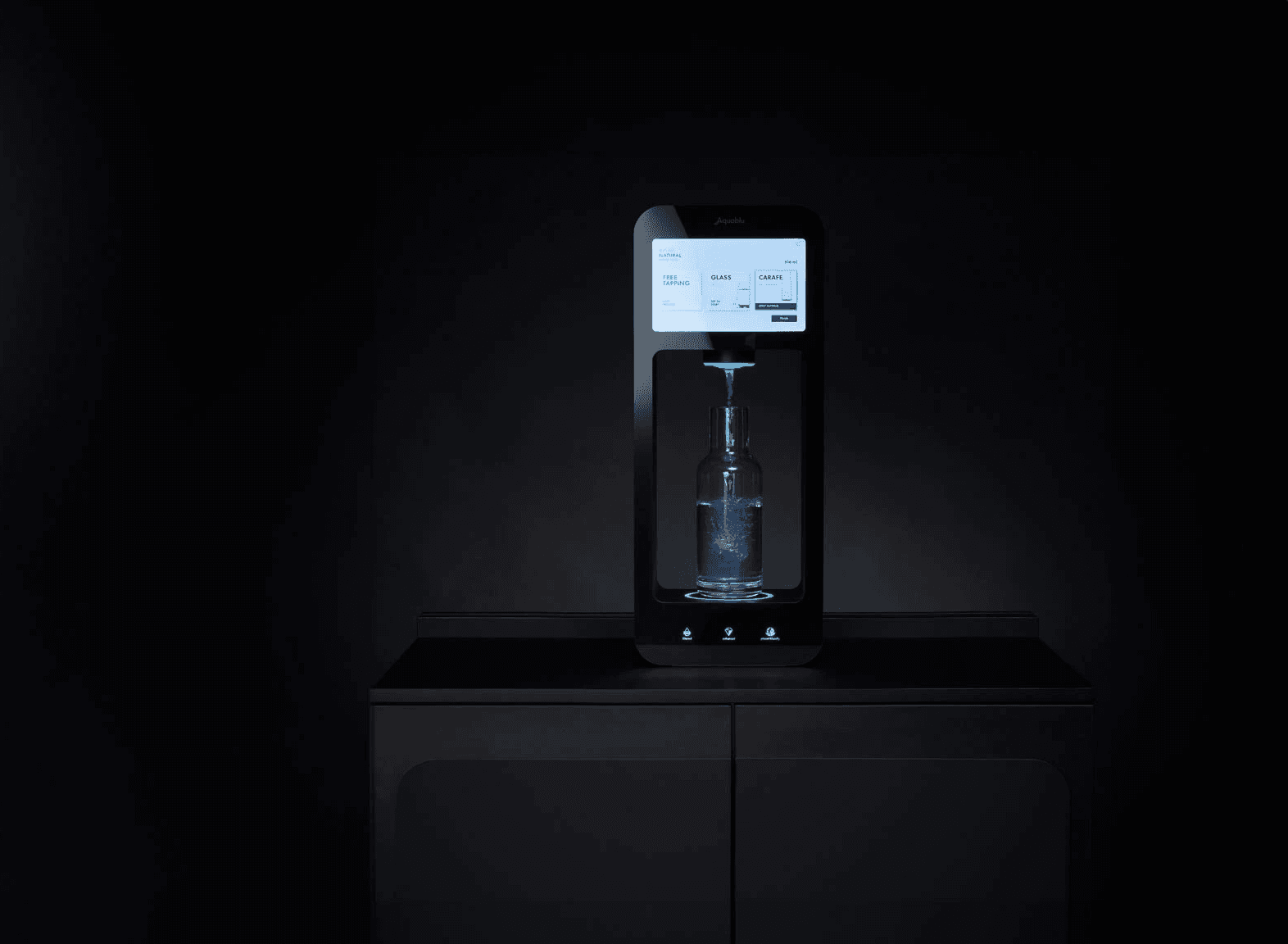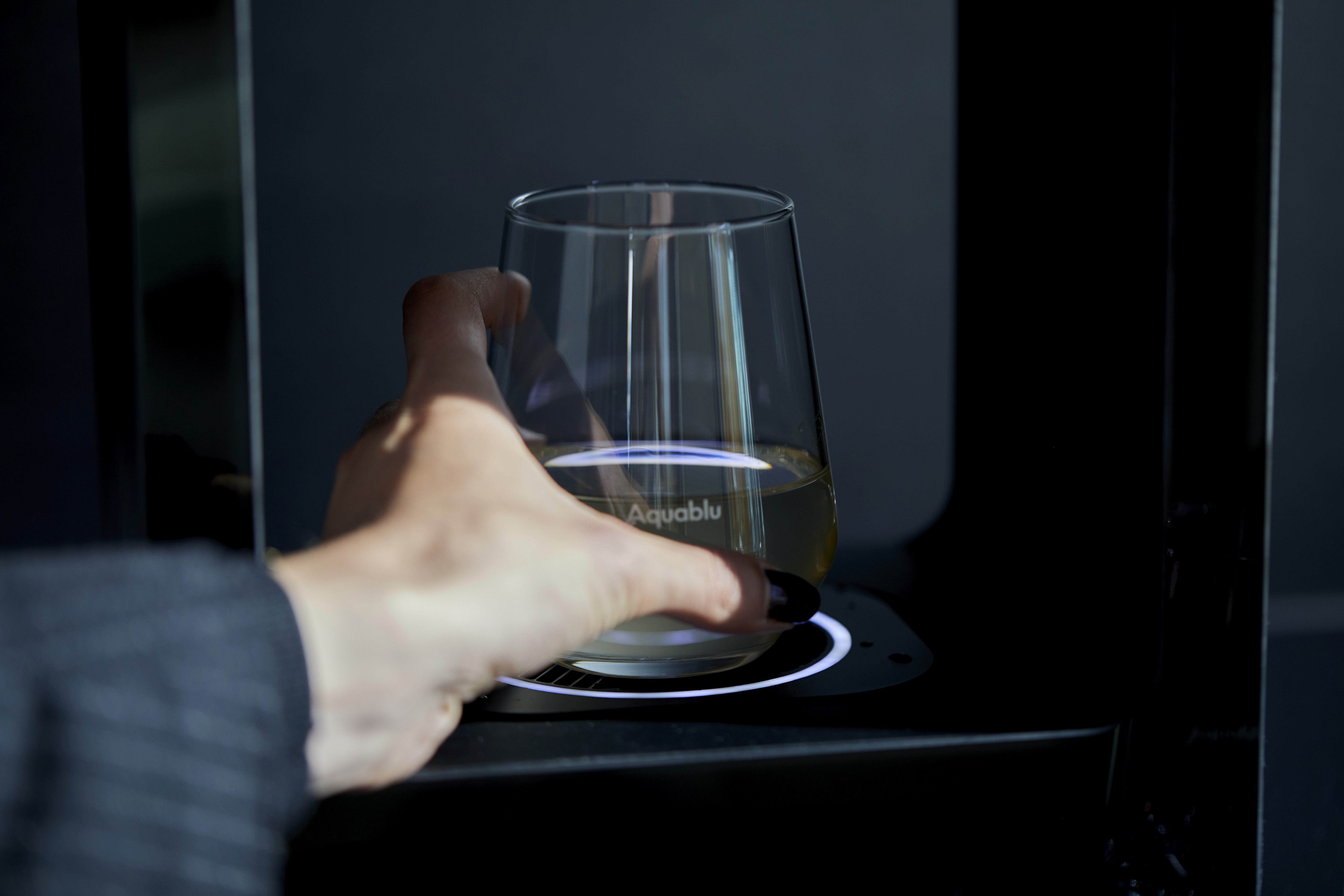It seems to be final. The ILT (the Inspection of living environment and transport) is imposing a preventive order subject to a penalty on the Packaging Waste Fund (AV). This penalty (named LOD) includes the AV and other importers and manufacturers of canned drinks. This also includes supermarkets. This means that the packaging business is going to change. And possibly a lot.
ABOUT THE ILT
Before we are going more in-depth into the new law and its possible consequences, it is good to know a little bit more about the ILT. The ILT is responsible for monitoring and enforcing the legal regulations regarding the Packaging Management Decree. This already dates back to 2014. This includes the deposit on plastic bottles and metal packaging for beverages. This ‘new’ law is a step in a new direction and offers important contribution for a more circular based economy with less valuable resources spilled.
” It has been known for almost 2 years now that this law is coming. There are examples of supermarkets and companies that are already taking the cans. There has been sufficient preparation time and there are examples that show that this is feasible. However, the sector continues to retreat or delay. It is the sector’s responsibility to get this done. Everyone understands that introducing a deposit on cans makes an important contribution to the recycling of raw materials and thus the circular economy. ” – Thus Karin Visser, director of supervision and investigation at the ILT.
by
Marc van Zuylen
/


